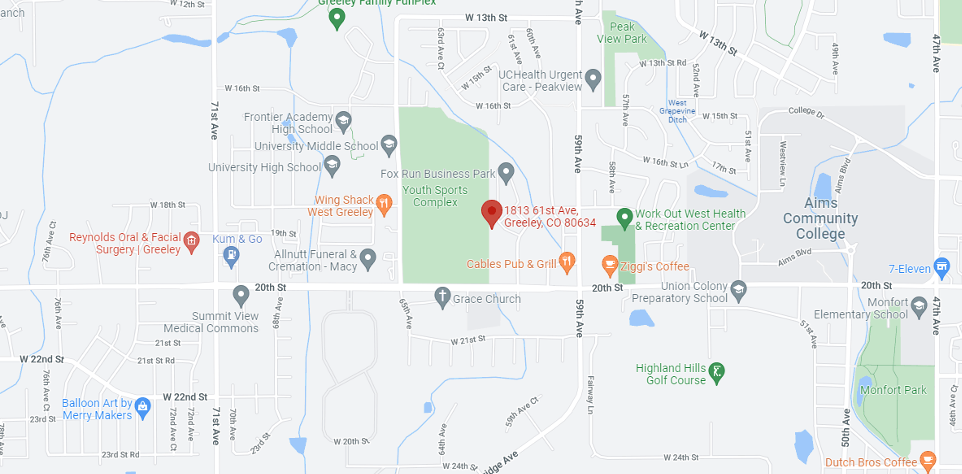Is soda really bad for your teeth?
July 28th, 2021

You take a sip of soda – and someone remarks, “That’s going to ruin your teeth!”
Is that true? Is sweet soda the enemy of a healthy smile? The answer, unfortunately, is that one glass might not hurt your teeth, but drinking soda regularly can do some real damage.
Sodas are one of America’s favorite drinks. The American Academy of Cosmetic Dentistry says about half of us drink soda regularly, averaging 2.6 glasses each day.
That’s a lot of soda considering the drinks are acidic, full of sugar, and have little or no nutritional value. It may surprise you to learn that it’s actually the acidity of cola, not the sugar, which poses the biggest threat to teeth. Over time, repeated exposure to soda wears down tooth enamel, leaving teeth stained and less able to prevent cavities.
As enamel wears away, teeth can become discolored, take on a rough texture, and become highly sensitive to hot or cold. Your teeth may start to tingle, and brushing or flossing can cause pain. If not checked by dental care, teeth may start to erode, becoming thinner and more likely to crack. It’s a pretty high price to pay for a glass of soda.
Of course, sodas are not the only culprits in tooth erosion. Coffee, wine, and some fruit juices are also acidic, though these drinks tend to have less acidity that a typical soda.
So what can you do to protect your teeth?
1. Cut back – way back – on acidic drinks.
2. Add more water to your daily diet in place of sodas.
3. Use a straw when you drink.
4. Don’t confuse diet soda with a healthy alternative. Diet drinks are just as acidic as regular sodas.
5. Rinse your mouth with water after drinking soda. The rinse may remove some acid from your teeth, although abstaining from the soda would do more good.
6. Hold off on brushing your teeth after drinking soda. Brushing too hard can weaken enamel that is already covered in acid.
7. Pay attention to your teeth, both how they look and how they feel. Let Drs. Kevin and Kami Marr know if you see signs of discoloration or erosion, or feel tingling. Make an appointment at our Greeley office if you feel tooth or gum pain when eating or drinking.



